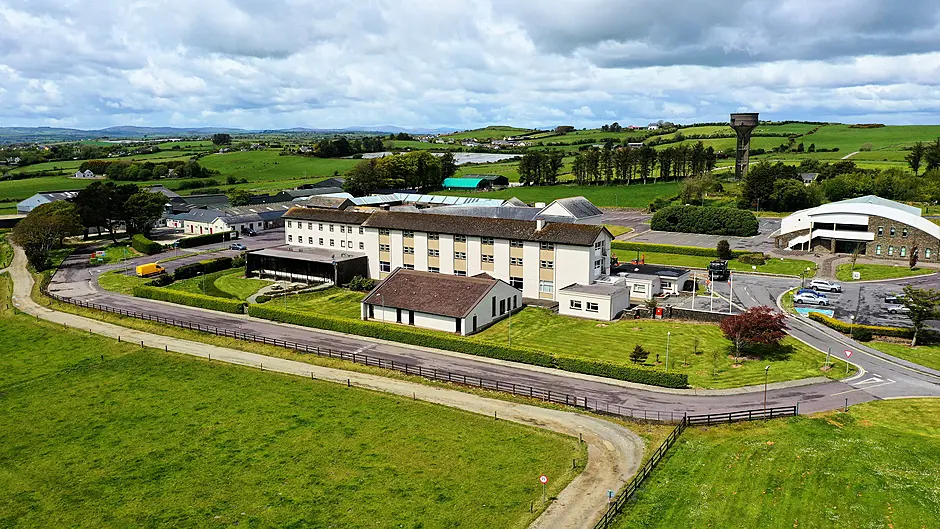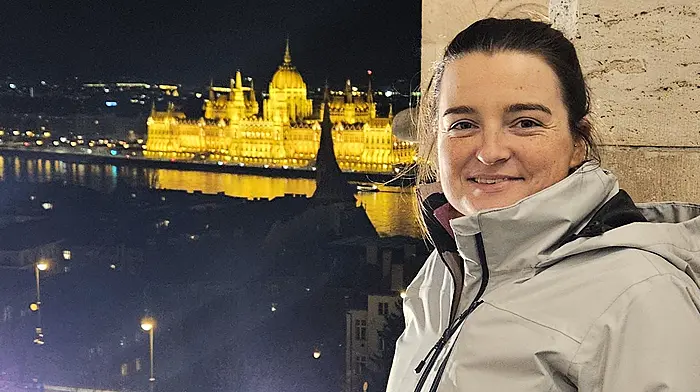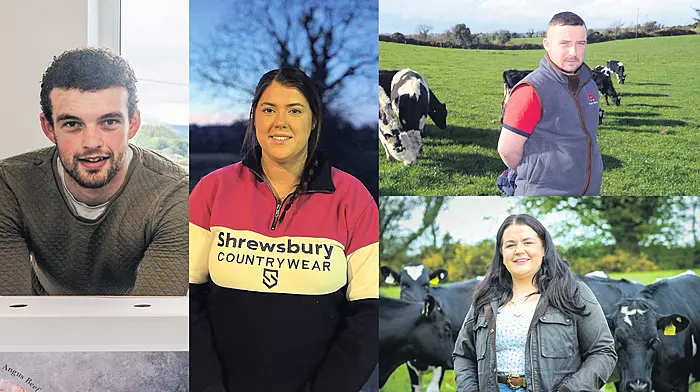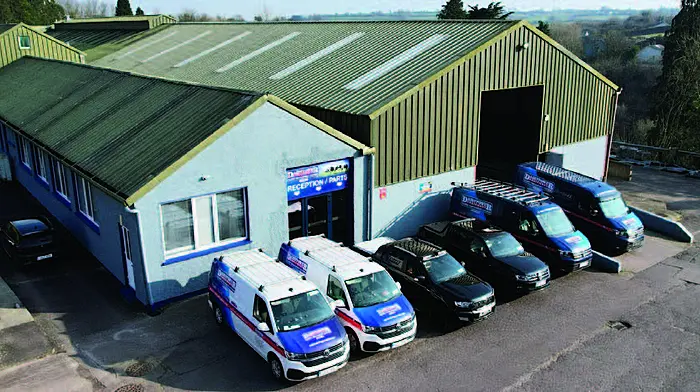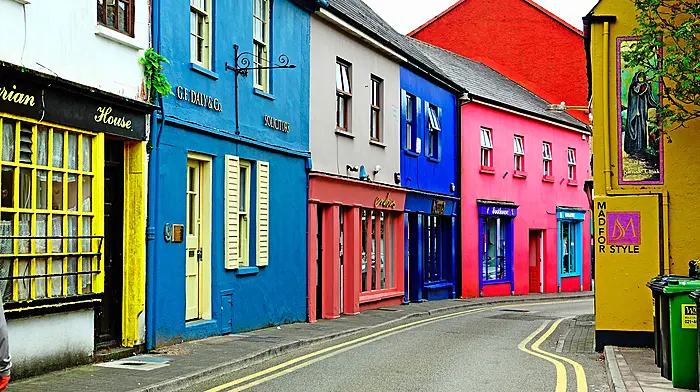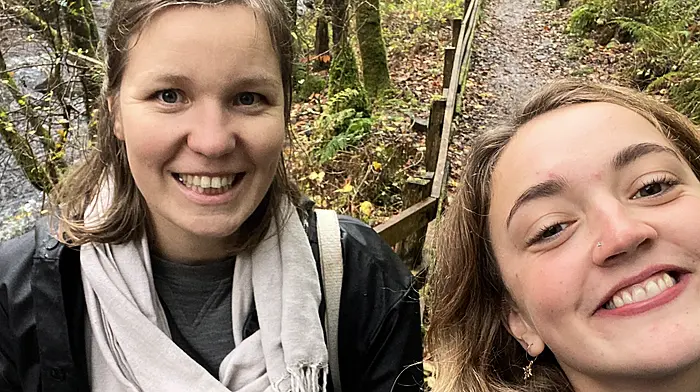AS the shadow of Covid-19 approached Ireland, speculation was mounting in early March 2020 as to whether schools and colleges would remain open.
Students at Clonakilty Agricultural College at Darrara were a few weeks into their work when the call came to close. Principal Keith Kennedy received an email on a Friday evening to say the college wouldn’t be opening the following Monday.
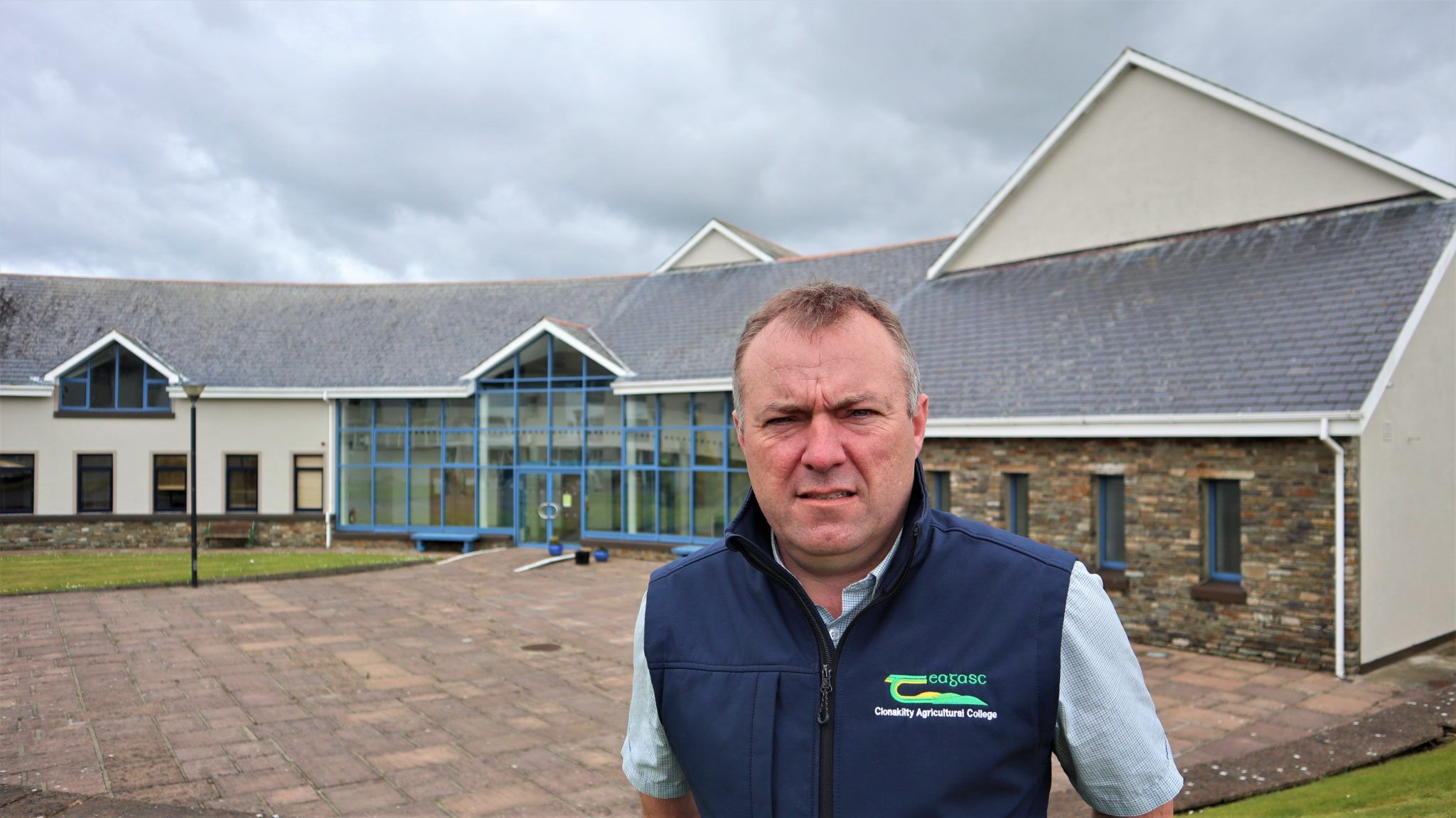 Keith Kennedy is the principal at Clonakilty Agricultural College: ‘Thankfully all the students had enough course work completed and it could be verified, so we lost no time.’
Keith Kennedy is the principal at Clonakilty Agricultural College: ‘Thankfully all the students had enough course work completed and it could be verified, so we lost no time.’As the Darrara college is home to 450 students (full-time and part) every year, they had no choice but to rise to the challenge.
‘We had to try and contact students that were on placement and give them a bit of information on where the course was going to be on Monday morning. At that stage, Covid was so new, we didn’t know how bad it was around the country, so everyone was told to go home, whereas this autumn we knew the lie of the land.’
What followed was a spate of conference calls between the agricultural colleges to devise ways of converting practical assessments into assignments, in an effort to complete the 2019/20 academic year.
From the ag colleges’ perspective, there was an element of luck to the timing of the shutdown.
Mr Kennedy explained: ‘We had a bit of breathing space, because three of our four courses were on placement at the time and luckily, the majority of the theory was finished. It just so happened that students had completed the minimum amount of placement required for the course so we were able to certify them. Thankfully all the students had enough course work completed and it could be verified, so we lost no time.’
In contrast, the 2020/21 academic year was a bit more disrupted, according to the Waterford native.
‘We knew our rooms were more limited,’ he said. ‘That was our key thing. We had to assess every room in the place to see how many we could fit in at 2m social distancing and wearing face masks.’
Despite having rooms that can accommodate up to 100, social distancing requirements meant that the largest class room was now only able to cater for 26.
‘In our QQI classes, we had 54 first years and 38 second years, so there wasn’t a room in the place where we could do everything. That really restricted us in what we could do, so we turned a lot of our theory classes into online Zoom classes and set course work for students to make up the difference. Our IT partners in Cork and Tralee went 100% remote, so that took that decision out of our hands for those students so we converted all those into 45-minute or one hour classes.’
Online course delivery threw up different issues. Chief among them was something anyone working from home can empathise with. Home distractions.
‘The farm was always outside the window so there was always a distraction. We took that into account and timetabled classes for the morning between 9.30am and 12.30pm.
‘After that it was the student’s responsibility to get the assignments completed on schedule. Another issue for both students and staff was broadband connectivity. Zoom technology, especially for people living in a house where more than one person was logged on at one time was a challenge.’
Despite the disruption of the last two academic years, enrolment in agricultural courses beginning in the autumn across all colleges is up 30 to 40%.
‘There’s a bit of a window now that the economy is quite and people are probably reassessing their options. More are looking to complete their agricultural training now when they have a chance, rather than delay it.’

